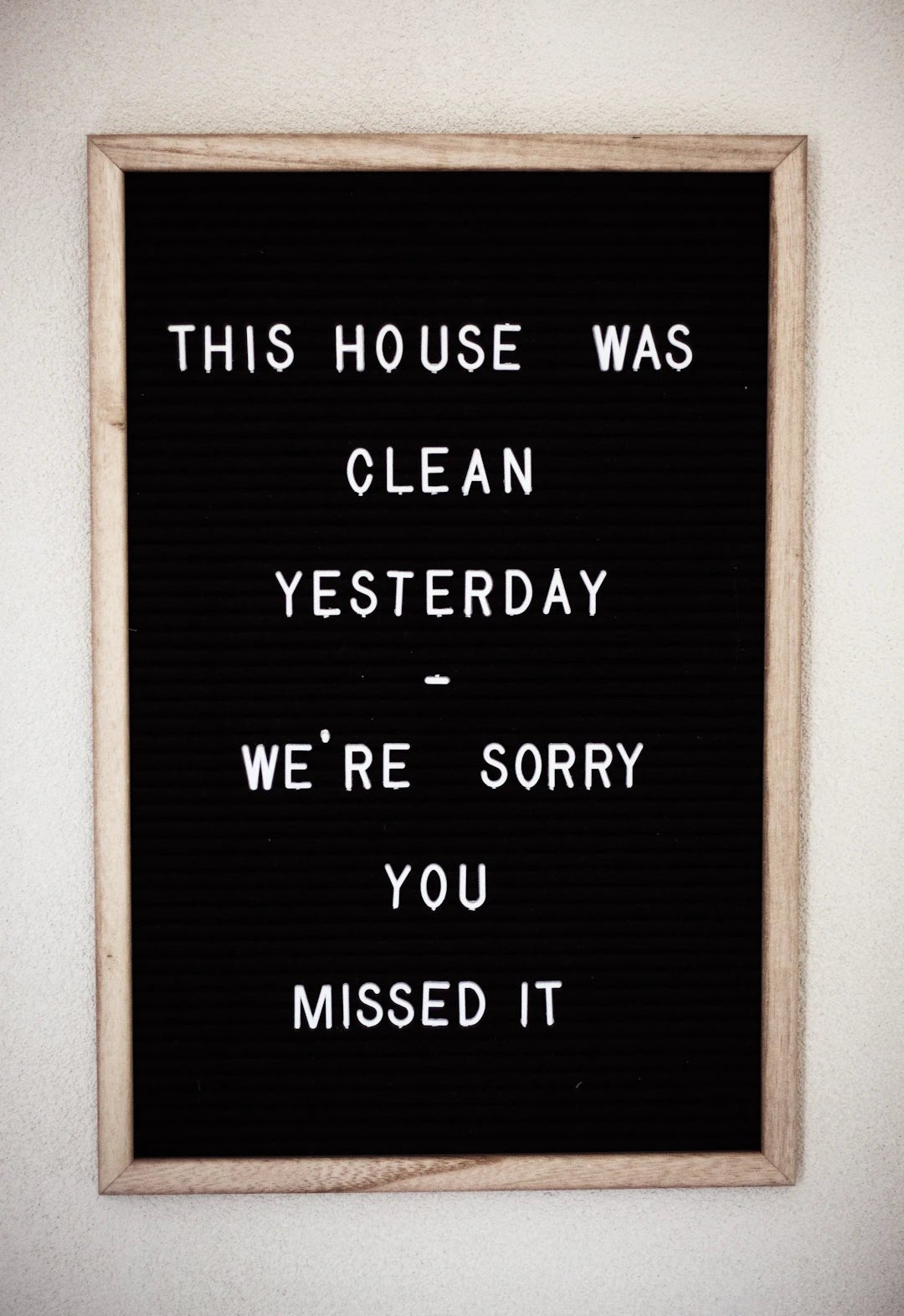Frequently Asked Questions
1. Why is air quality important for health?
2. What are common indoor air pollutants?
3. How does regular cleaning improve air quality?
4. What are some effective cleaning tips for maintaining air quality?
5. How can I improve ventilation in my home?
With the increasing awareness of health and wellness, the importance of air quality and regular cleaning cannot be overstated. Many people underestimate how vital clean air is for overall wellbeing, yet it plays a significant role in our health, comfort, and productivity. In this article, we will explore the importance of air quality, the benefits of regular cleaning, and how a complete cleaning set can help you maintain a healthier home environment.
Understanding Air Quality
Air quality refers to the condition of the air within and around buildings, structures, and natural environments. It is influenced by various factors including pollutants, allergens, and indoor components. Poor air quality can lead to numerous health issues, making it crucial to be proactive in addressing it. Common sources of indoor air pollutants include:
- Dust and dirt
- Pollen and mold spores
- Volatile organic compounds (VOCs) from household products
- Pet dander and hair
- Cooking and tobacco smoke
Health Impacts of Poor Air Quality
Breathing in polluted air can have a variety of adverse health effects, particularly for vulnerable populations such as children, the elderly, and those with respiratory conditions. Some potential health problems linked to poor air quality include:
- Asthma and other respiratory issues
- Allergic reactions
- Fatigue and headaches
- Long-term lung damage
- Cardiovascular disease
By understanding the factors that contribute to poor air quality, we can take steps to mitigate the risks associated with it and ensure a healthier living environment.
The Benefits of Regular Cleaning
Cleaning is more than just an aesthetic choice; it is a critical component of maintaining air quality in your home. Regular cleaning can dramatically reduce the concentration of indoor pollutants, thus promoting better health and wellness. Here are some of the significant benefits of cleaning regularly:
Enhanced Air Quality
As you clean, you eliminate allergens and pollutants that accumulate over time. Frequent dusting, vacuuming, and surface cleaning will contribute to improved air quality, making your living environment healthier. Particularly during allergy seasons, investing in a complete cleaning set can streamline your efforts in controlling dust and allergens effectively.
Increased Productivity
A clean environment enhances focus and productivity. Studies have shown that a tidy workspace can positively affect mental clarity and efficiency. When your surroundings are clutter-free and well-maintained, it is easier to concentrate on the tasks at hand and feel motivated.
Reduction in Pests
Regular cleaning helps keep pests at bay. Dirty environments provide breeding grounds for mosquitoes, rodents, and other pests that can compromise both health and safety. By using a complete cleaning set, you can ensure no corner is overlooked, significantly reducing your risk of pest infestations.
Effective Cleaning Tips
Now that we've explored the significance of air quality and cleaning, let’s consider some effective cleaning tips to help you maximize your efforts.
Establish a Cleaning Schedule
Creating a regular cleaning schedule can help you maintain cleanliness and air quality consistently. Whether you prefer daily, weekly, or monthly tasks, having a routine ensures that cleaning doesn’t get neglected. Here’s a sample schedule to guide you:
- Daily: Make your bed, do dishes, quick vacuum/sweep of high-traffic areas.
- Weekly: Dust surfaces, mop floors, clean bathrooms, and change linens.
- Monthly: Wash windows, clean behind appliances, and declutter areas.
Invest in a Complete Cleaning Set
A complete cleaning set is an invaluable tool for any homeowner. Having the right equipment at your fingertips can make the daunting task of cleaning easier and more efficient. Typically, a complete cleaning set includes:
- Mops and brooms
- Microfiber cloths
- Scrubbing brushes
- Dustpans
- Vacuum cleaners
Use Eco-Friendly Cleaning Solutions
Switching to eco-friendly cleaning products can be beneficial for both your health and the environment. Many conventional cleaning solutions contain VOCs and harmful chemicals that can worsen indoor air quality. Instead, look for natural or biodegradable products that effectively clean without compromising air quality.
The Role of Ventilation
Good ventilation is as crucial as regular cleaning when it comes to maintaining air quality. It allows fresh air to circulate through your home, helping to minimize indoor air pollutants. Consider the following tips to improve ventilation:
Open Windows Regularly
Whenever possible, open windows to allow fresh air to flow into your home. This simple step can help dilute indoor pollutants and provide a constant source of clean air. Aim for at least a few minutes every day, especially in the morning or evening when outdoor air is often cooler and fresher.
Use Exhaust Fans
In areas of your home that are more prone to mold and moisture, such as kitchens and bathrooms, using exhaust fans after cooking or showering can help reduce humidity and improve air quality. These small, consistent actions can greatly enhance the overall health of your indoor environment.
Understanding Indoor Pollutants
It’s essential to remain aware of common indoor pollutants and how they impact your living space. Here are some prevalent indoor pollutants to watch out for:
Chemicals from Household Products
Many household items contain chemicals that can contribute to poor air quality. Cleaning products, air fresheners, and even some personal care products can release harmful VOCs. Check labels before purchase, and try using natural alternatives when possible.
Dust and Allergens
Dust mites, pet dander, and mold can significantly impact those with allergies or asthma. Frequent cleaning, aided by a complete cleaning set, can help keep these allergens under control, promoting a healthier indoor environment.
Final Thoughts on Air Quality and Cleaning
Maintaining good air quality and practicing regular cleaning are essential for a healthier home. A clean environment not only enhances physical health but also contributes to mental well-being, productivity, and overall comfort. By being proactive about eliminating pollutants and investing in the right cleaning tools, like a complete cleaning set, you can create a sanctuary that promotes health, happiness, and productivity.
Don’t wait until dust and allergens build up; start prioritizing your air quality and cleaning routines today. With the right mindset and tools, you will be on your way to a cleaner, healthier home and a better quality of life!


Share:
Top Kitchen Sanitization Practices for a Spotless Space
Creating a Kid-Friendly Cleaning Routine